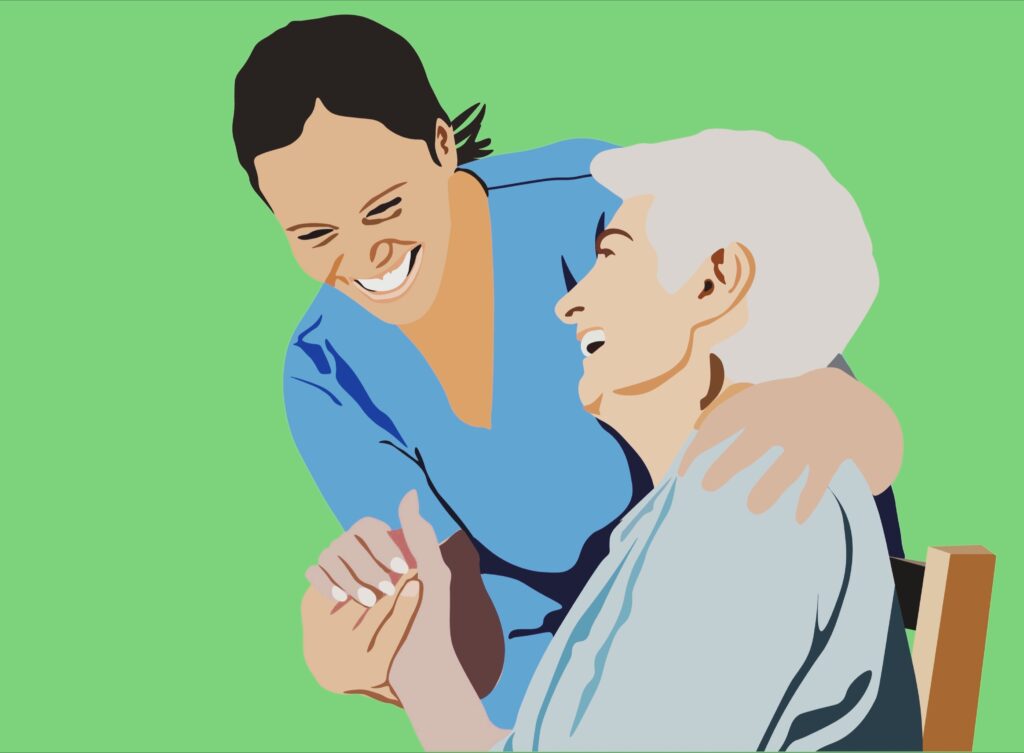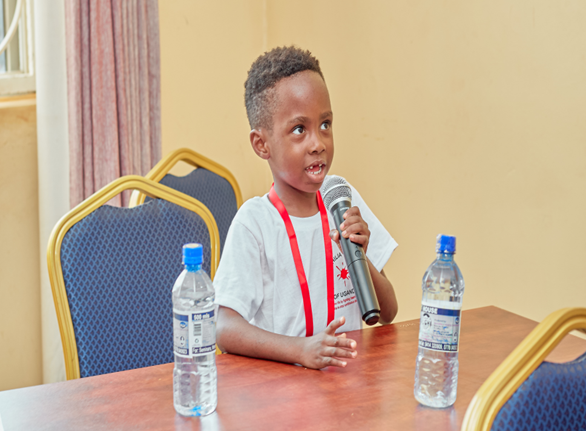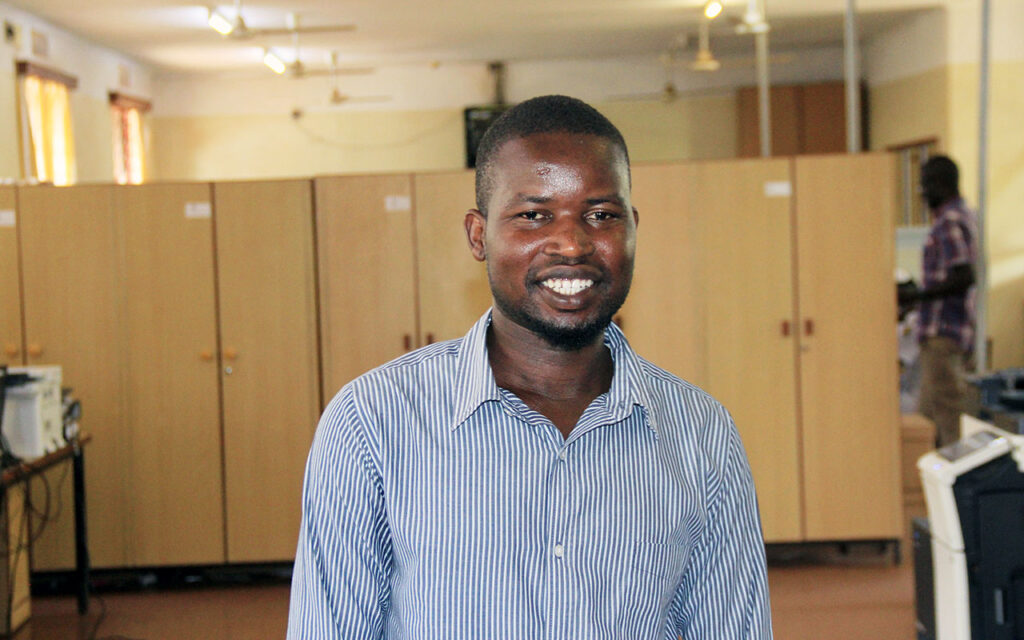International Nurses’ Day – We need more nurse research

Over ten years ago I posed the question ‘Why don’t haemophilia nurses do research?’ in a publication in Haemophilia [1]. I know the answer…. Clinical work always takes the highest priority in what you do every day.
However, a lot has changed since 2010 – nurses are not only ‘doing’ research, but they are also publishing and presenting what they find. The nurses sessions during the Allied Health Professionals (AHP) Day at this year’s EAHAD Congress were no exception.
So, on International Nurses’ Day 2025, I’m thinking about the important contribution that nurses make to bleeding disorders research.
Important insights
Research outcomes presented by nurses during the EAHAD Congress came from around the European Union. They were broad-ranging, including the use of desmopressin, education of female haemophilia carriers, living with von Willebrand Disease (VWD), the results of a Glanzmann thrombasthenia study [2], and the intergenerational impact of the contaminated blood scandal. A number of really interesting case study presentations discussed novel ways of managing people with rare bleeding disorders including afibrinogenaemia, Factor V deficiency and Factor X deficiency.
Alongside these, there was an interactive session on genetics and family tree drawing. As specialist bleeding disorders know, identifying people at risk of having a bleeding disorder is essential to ensuring access to the right treatment and care. With much more focus on women and girls with bleeding disorders (long overdue), this session prompted an interesting debate on the laws around consent and age for genetic testing of potential carriers of haemophilia.
Nursing principles
Throughout the AHP Day – and, indeed, throughout the EAHAD Congress – I heard many discussions about what nurses are allowed to do, based on laws in their home countries. Nurses are key players within the bleeding disorders multidisciplinary care team, as recognised in the World Federation of Hemophilia treatment guidelines [3]. This was very much in evidence, as was the willingness among the nurses attending to expand their roles to better support patients and family members.
The EAHAD Nurses Committee has published a new paper about principles of bleeding disorders nursing [4]. The aim is to promote high quality and consistent nursing care throughout Europe. Providing life-long support, treatment (including surgical care, and care of women and girls), understanding genetics, and counselling are core elements. But additionally, the committee suggests that nurses should know about the latest nursing research as well as treatment advances.
Strength through research
…Which brings me back to the start – why don’t we nurses do research? I think – in fact, I know – we actually do. But what we don’t do so well is to ‘sell’ ourselves.
The theme for International Nurses’ Day 2025 is ‘caring for nurses strengthens economies’. By supporting nursing colleagues to provide clinical care, undertake research AND publish research findings, we can improve healthcare and its delivery for all people with bleeding disorders.
References
1. Khair K, Holland M, Vidler V, Loran C, Harrington C. Why don’t haemophilia nurses do research? Haemophilia 2012; 18(4): 540-543. doi: 10.1111/j.1365-2516.2012.02749.x
2. Khair K, Fletcher S, Jenner K, Holland M. One day at a time: Life with Glanzmann thrombasthenia – Qualitative results from the GT 360 study. Haemophilia 2024; 30(6): 1373-1382. doi: 10.1111/hae.15126
3. Srivastava A, Santagostino E, Dougall A, et al. WFH Guidelines for the Management of Hemophilia, 3rd edition. Haemophilia 2020; 26(S6): 1-158. doi: 10.1111/hae.14046
4. Uitslager N, Kavanagh M, Birkedal M, Myrin-Westesson L. European principles of nursing care for persons with inherited bleeding disorders. Haemophilia 2025 Apr 29. doi: 10.1111/hae.70054. Online ahead of print.
About the author
Dr Kate Khair is Director of Research at Haemnet Ltd. She worked in the haemophilia treatment centre at Great Ormond Street Hospital for Children for over 25 years.


